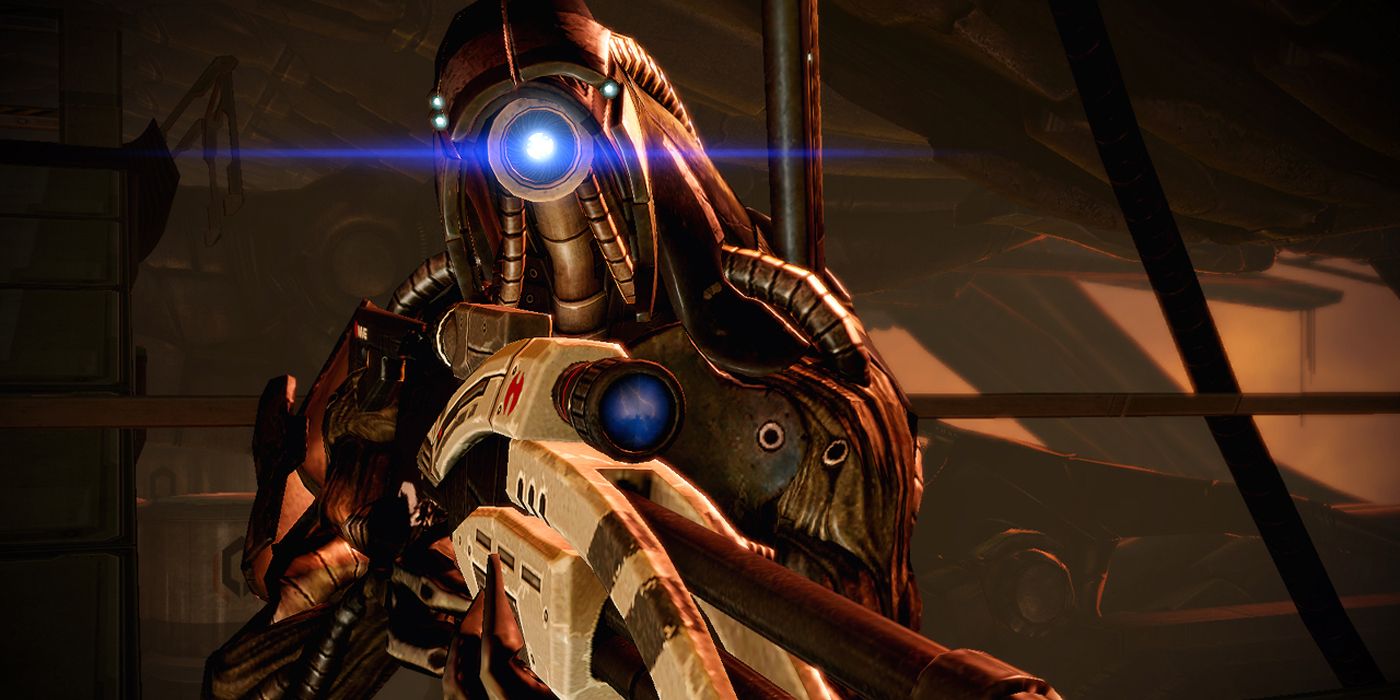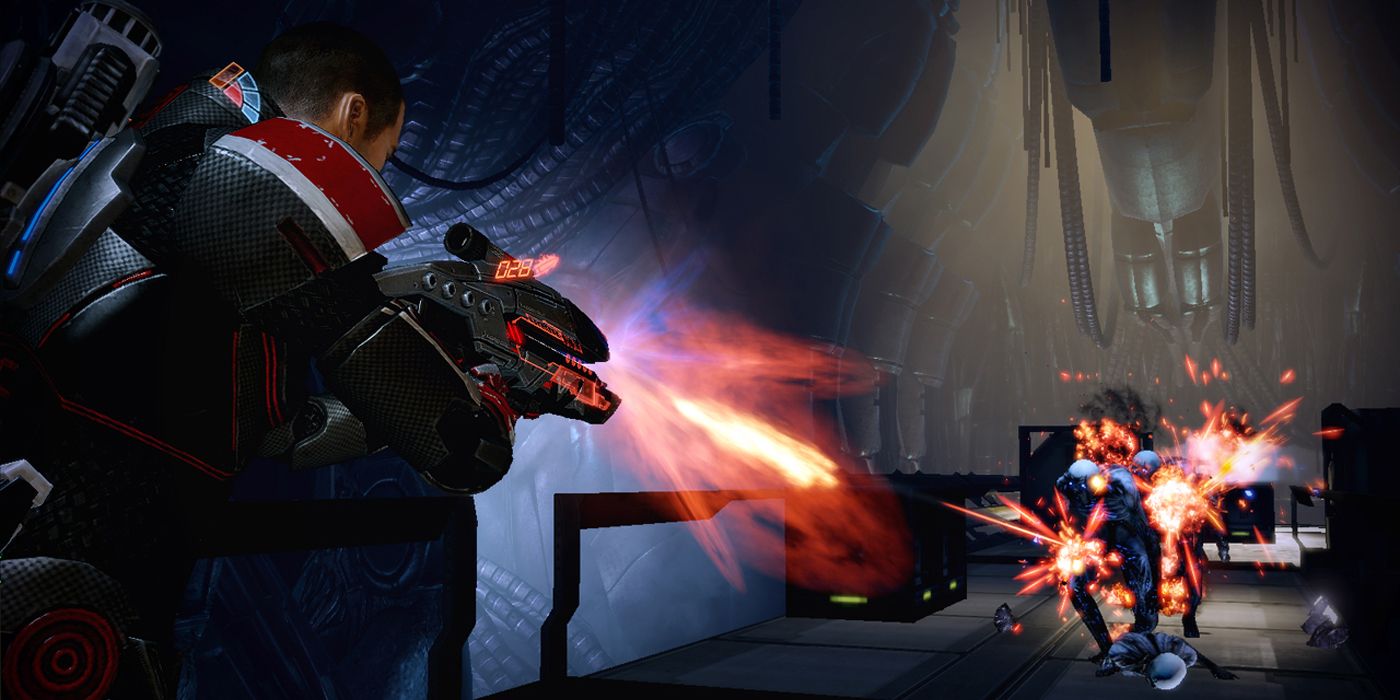Last-minute crunch has become standard practice for much of the game industry. It may seem like every other AAA release comes with stories of 16-hour game developer shifts and other unbearable working conditions. One game that didn't have this problem is Mass Effect 2.
Modern BioWare is unfortunately known for crunch behavior. However, that was not the case in 2010, with the game that many consider to be the franchise’s peak, Mass Effect 2. The Xbox 360 version of Mass Effect 2 sits at an impressive 96 percent on Metacritic. The PC and PS3 versions received similar acclaim. Based on the modern AAA development scene, one might assume this success came at the cost of genuinely nightmarish working conditions. It turns out the exact opposite was true, and Mass Effect 2 had the least overtime of any game in the series.
Cian Maher, the Lead Features Editor at TheGamer, spoke with several Mass Effect 2 development team members. They revealed that Mass Effect 2 was not only the least unpleasant to make, but came in closest to its original deadline and budget. According to senior gameplay designer Patrick Moran, “For Mass Effect 2, we were able to address most of the items and have the game’s story fully playable more than a year before shipping.” He also described how little of Mass Effect 2 ended up on the cutting room floor compared to other games he worked on. The team actually shipped more content than BioWare planned initially. In Moran’s experience, that is a phenomenally rare occurrence.
Moran attributes the game’s easy production to planning and organization. He described how the team leaders all kept spreadsheets of potential issues. Moran also praised Project Lead Casey Hudson for his minute attention to detail. Mass Effect 2’s Development Director Dorian Kieken also attributed the success of the game to decisive leadership. Said Kieken, “It’s about having a focused vision and making the right choices during development. A great example of that was the decision to remove inventory management early on in Mass Effect 2, which allowed us to focus a lot more on the minute-to-minute core gameplay.” He also explained that he sees Mass Effect 2 as proof that developers can make great games without burning out their staff.
Kieken went on to describe the impact of BioWare’s studio culture on keeping the crunch in check. Says Kieken, “We were pretty explicit on our mission and core values. Back then, for BioWare, it was, ‘Deliver the best story-driven games in a context of humility and integrity,’ and we filtered all our decisions through that lens.”
That’s not to say BioWare’s crunch problem spontaneously appeared after Mass Effect 2 wrapped. The first Mass Effect actually had the worst crunch of the original trilogy. Kieken notes how the last year of development was terrible, and the studio lost a lot of talented people because of overwork. Even for BioWare, Mass Effect 2 was an anomaly, and what studio culture gives, studio culture can take away. According to Mass Effect 3 senior writer Neil Pollner, inter-office rivalry and a “figure it out later” attitude were already becoming problems when work on ME3 began. Both would contribute significantly to the troubled releases of Andromeda and Anthem.
But at Mass Effect 2's tenth anniversary, the point stands as an important reminder that working smarter is better than working harder. To quote Kieken one last time, “Games are complicated and long developments. If you want strong results in the end, you need other tools than brute force or sprinting.”
Mass Effect 2 is included in the Mass Effect: Legendary Edition, which releases May 14th for PC, PS4, PS5, Xbox One, and Xbox Series X/S.
Source: The Gamer


